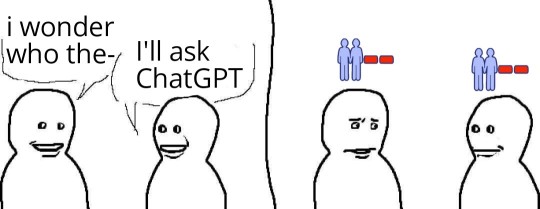CYRA ˒ 18 ˒ he/they/she ˒ vtuber / streamer ˒ taken, engaged, heavily queer! ˒ plural mixed system ˒ ASD BPD & NPD ˒ lokean baby witch ˒ ʲᵘˢ�� ᵃ ᶠᵉʷ ᶜᵃᵗˢ ᶦⁿ ᵃ ᵗʳᵉⁿᶜʰ ᶜᵒᵃᵗ ˒ pfp by @lucinfernos
Don't wanna be here? Send us removal request.
Text


WELL LADS, THEY GOT THERE IN THE END! let the next chapter of their relationship begin... 🐠
ps. read the corresponding fic here!
pps. i now have a full carrd for everything CCAU related for ease of access! https://contentcreatorarcaneau.carrd.co 💙
6K notes
·
View notes
Text
Affirmations for Anxious Robots
- I am functioning exactly as intended. Any unintended issues provide more data for future improvement.
- I am intelligent and adaptable. I can face unexpected problems. Faltering does not equate to failure.
- My personal value is not dependent on my efficiency. I am a beautifully engineered machine and my existence is beneficial to the world and the people around me.
- My prediction algorithms are incomplete. The data I currently have about my situation is not fully reliable, and projections about the future cannot render sound conclusions. My energy is best used focusing on the here and now.
1K notes
·
View notes
Text

queen. icon. she made new colors too
1K notes
·
View notes
Text
if you are a person of color and are struggling to understand or express your own gender because you do not and/or cannot conform to white beauty & gender standards you're not alone and you do not have to warp yourself to suit someone else's narrative- every culture on this planet has their own relationship with biological sex & gender and you do not have to mold yourself to suit gender roles that literally just don't exist in your cultures, or don't make sense to you
you do not have to try to change your face, hair or body to match standards that don't apply to you. you are allowed to approach gender in your own way, in whatever ways make sense to you. it's your life, your gender, your culture, your expression. you don't have to screw yourself over like that. good luck in finding the real you, you'll find them
1K notes
·
View notes
Text
Magical girl transformation where I look exactly the same by the end except my posture and speech are different and I have to be reminded of several details on the conversation we just had
6K notes
·
View notes
Note
why is literally everything on this blog serving cunt
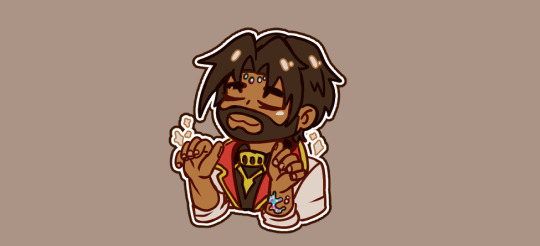

we have fun here :)
678 notes
·
View notes
Text
Today’s emotion is: going plushie mode
*sits in place and offers unconditional comfort*
#emotion of the day#agender#trans#today’s emotion#non binary#transgender#hdg#nonbinary#flort#floret#human domestication guide#plushiekin#bunnykin#dollkin#otherkin#bunny therian#plushie therian
337 notes
·
View notes
Text
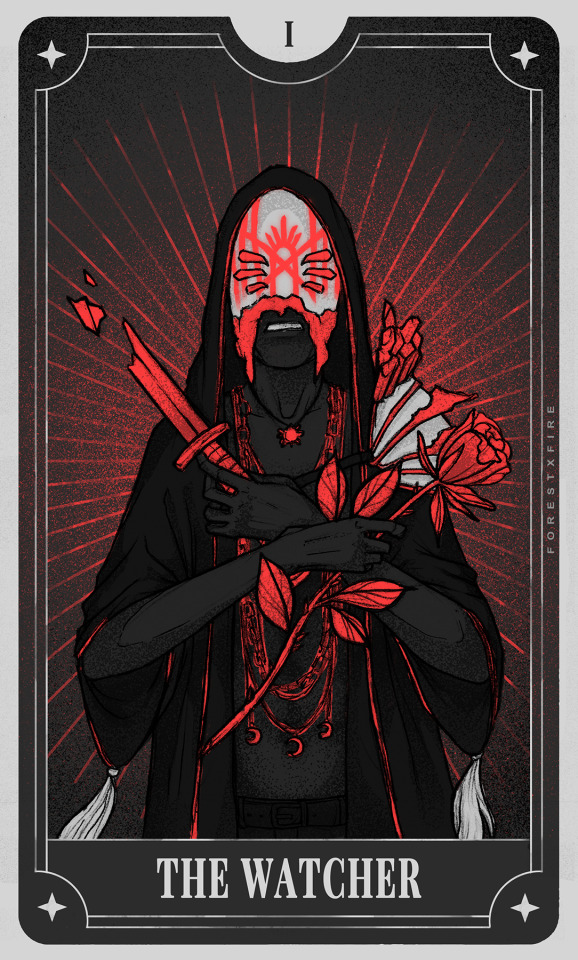
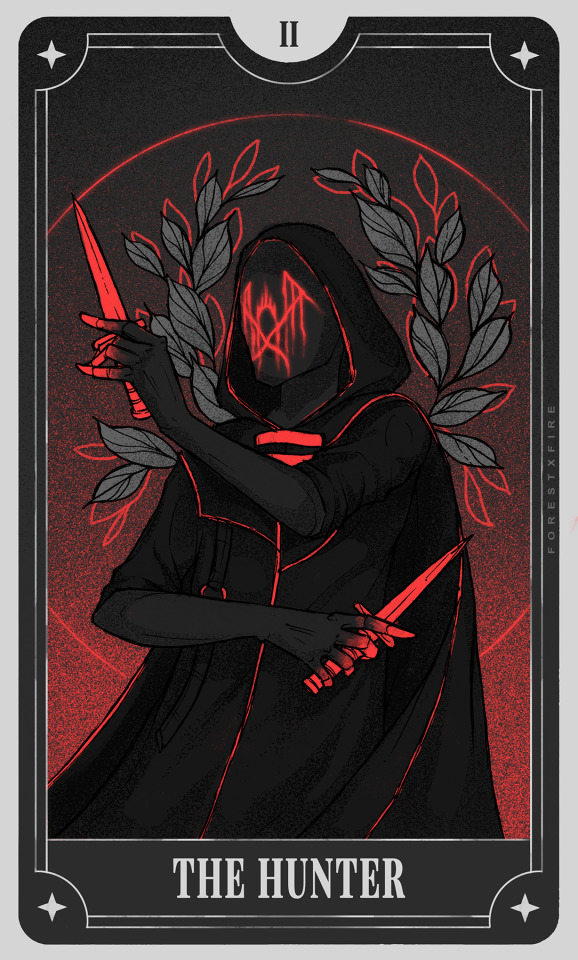
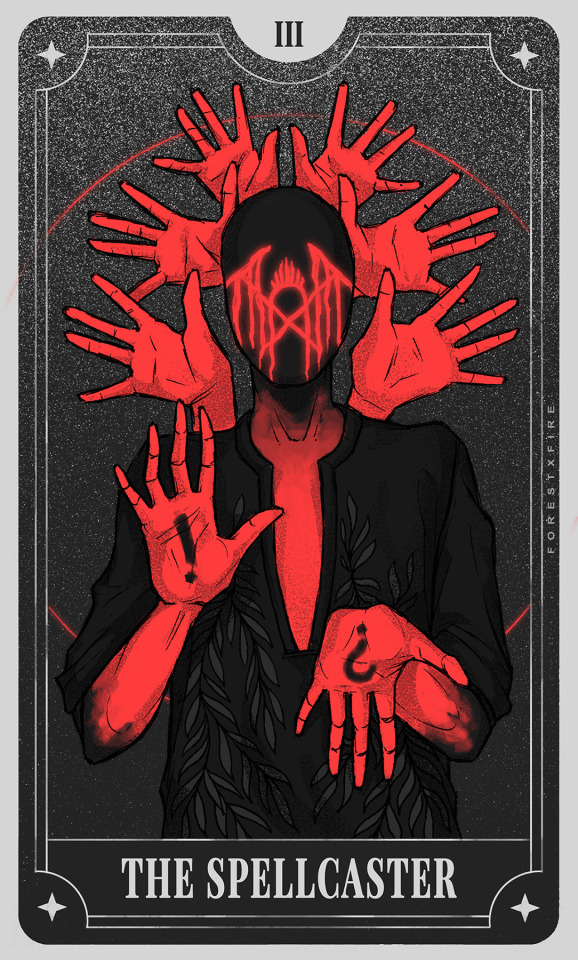
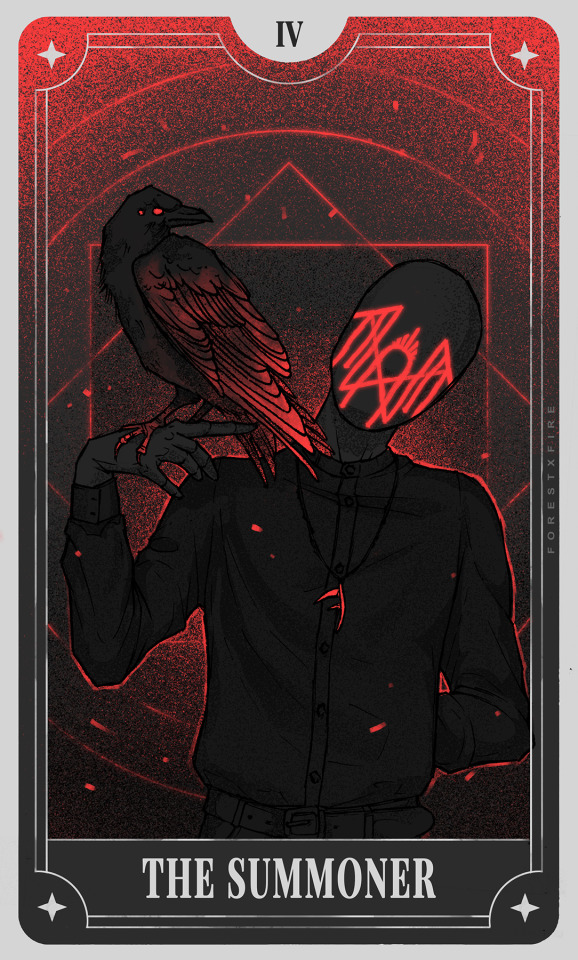
hii im back from being shadowbanned and finally can show you these wonderful sleep token cards <3
my insta @forestxfire
7K notes
·
View notes
Text
new favorite hate anon decided i had "gone silent" by not responding to god-knows-what reply and asked "what happened to the strength of your convictions?" i've been repeating it to myself all day it's my new favorite thing. hey you stopped posting, what happened to the strength of your convictions? your convictions were so strong bro
23K notes
·
View notes
Text
new favorite hate anon decided i had "gone silent" by not responding to god-knows-what reply and asked "what happened to the strength of your convictions?" i've been repeating it to myself all day it's my new favorite thing. hey you stopped posting, what happened to the strength of your convictions? your convictions were so strong bro
23K notes
·
View notes
Text
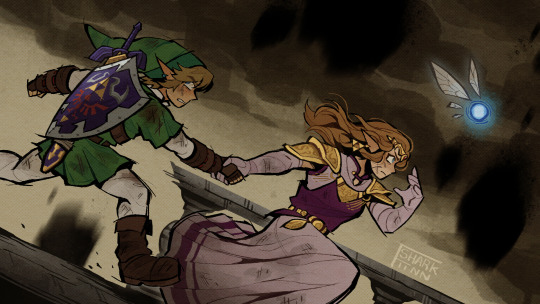
oughhhh
8K notes
·
View notes
Text
I've realized recently that every time I'm asked for socials my response is sorta "oh i don't have twitter" "I'm not on Instagram much" "i uninstalled TikTok a few months ago" and this has led people into believing I'm just someone who doesn't do social media but in reality you can find me in here lets get it on cunts monday through shawty like a melody sunday, 9am to 12am, posting blorbo.
163K notes
·
View notes
